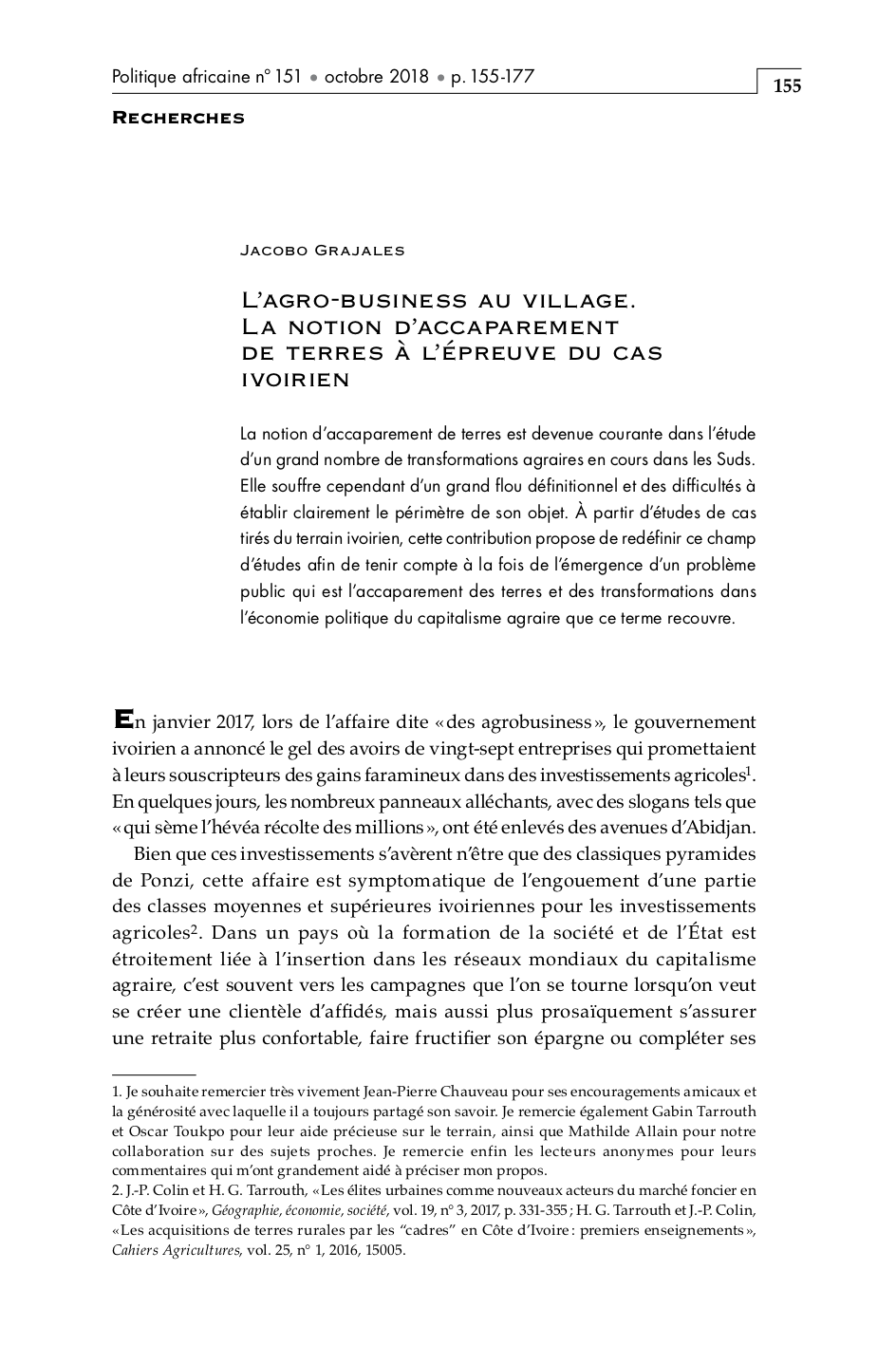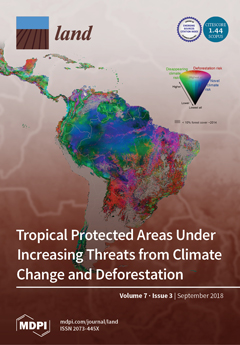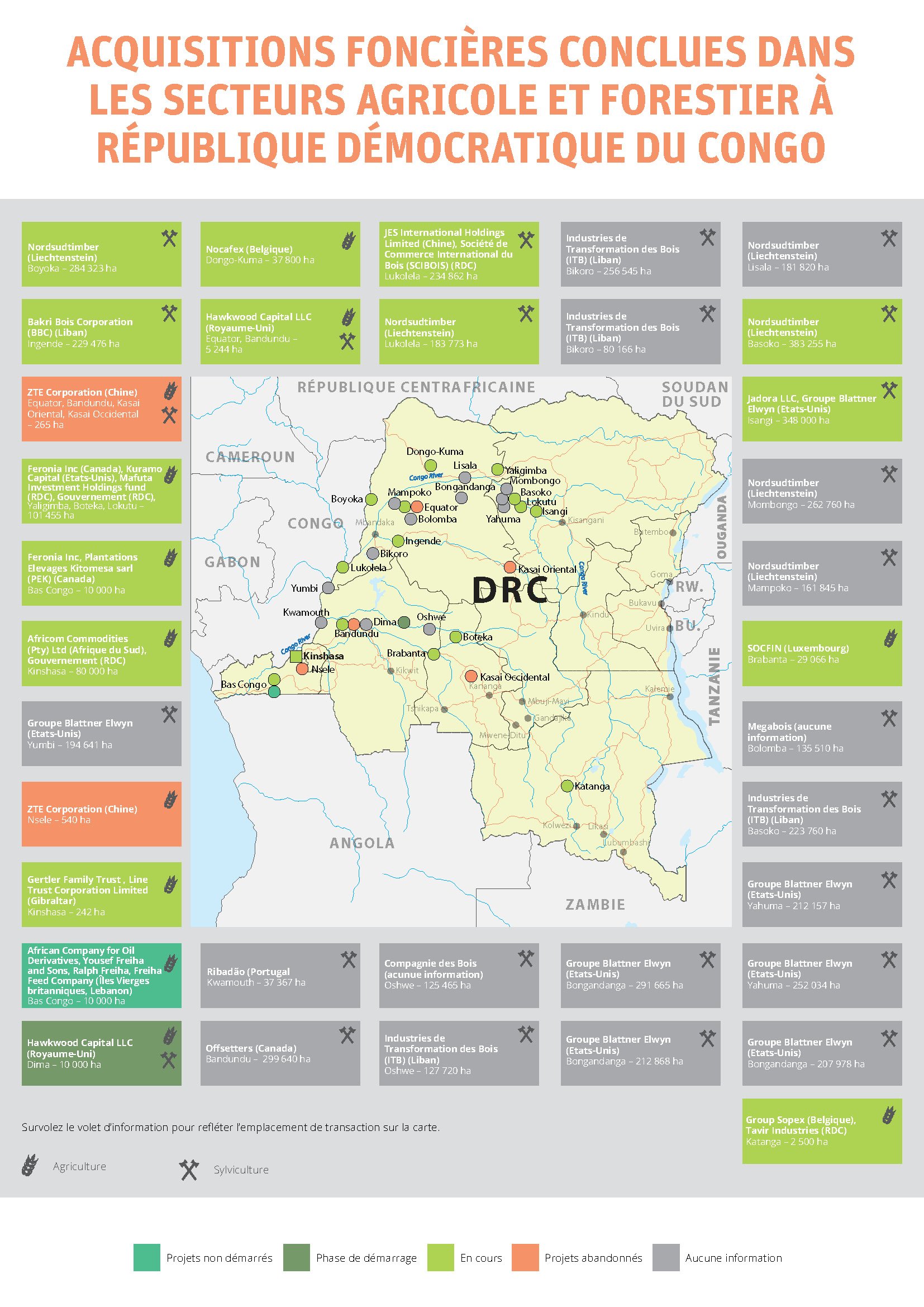Model Land Use Bill/Law (MLUB), 2018
The Land Use Bill objective is to guarantee the continued existence of communal and family land in accordance with the culture and tradition of the people of Cross River State/Nigeria in so far as the culture and tradition are in accordance with equity, natural justice and good conscience. The bill proposes to fundamentally reform the land sector, liberalise state control over customary land, increase accessibility to land, and secure land rights for everyone interested in using land for development purposes. This document is a discussion draft of the Bill.









